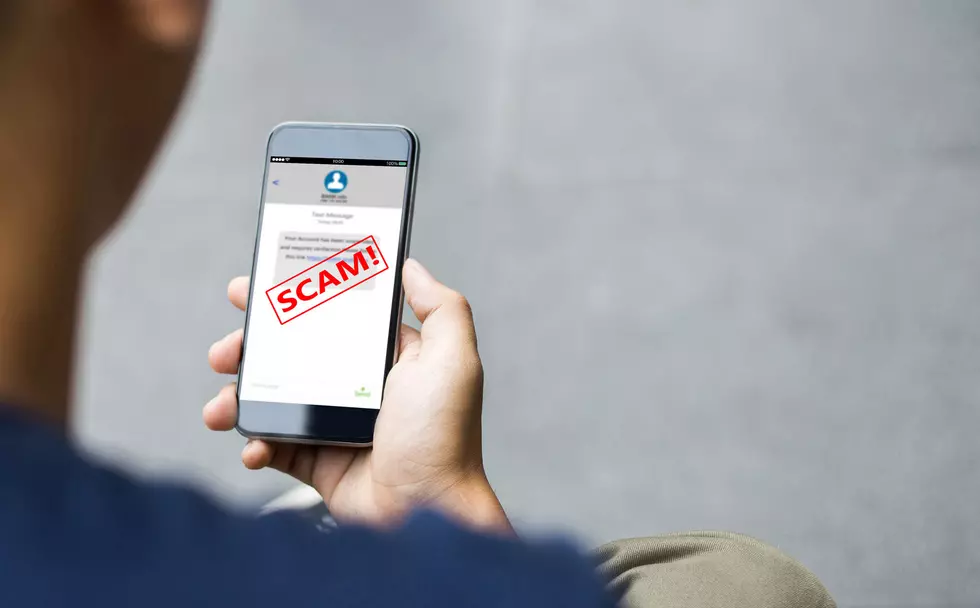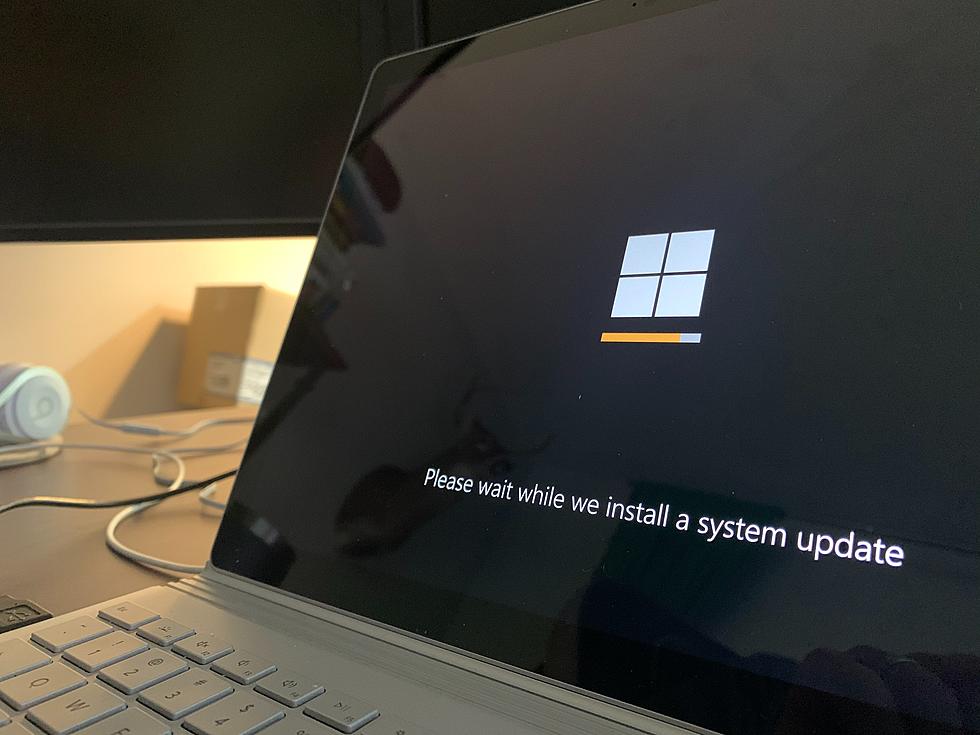
Iowa: Avoid this Tricky Holiday Phone Scam with a Cute Name
"Smishing". It's not what your Aunt Mary is going to do to your face when she comes to visit for Thanksgiving. It's the term authorities are using for a new banking scam and they are warning you to look out for it.
KCRG reports that the Iowa Credit Union Industry is urging caution as scammers are at it again, trying to steal your account information. This time, they are posing as your actual financial institution.
Known as “smishing,” these fraudulent text messages appear to be from a consumer’s financial institution and try to trick them into revealing their account number or other personally identifiable information.
The scammers pretend they already know sensitive information about you, and the text may even be spoofed to display the website or phone number of the organization the scammer claims to represent. Very clever, but don't fall for it.
Financial institutions will never ask for the information these "smishers" are looking for, such as social security numbers or full account numbers. Jamie Miller of the Iowa Credit Union League says:
Consumers need to remain vigilant with suspicious text messages and report these scams as they occur. If you are uncertain about who is contacting you, get in touch with your credit union or bank directly.
The Federal Trade Commission offers several tips on how to spot a scammer. Don't click on text links if they:
- promise free prizes, gift cards, or coupons — but they’re not real
- offer you a low or no-interest credit card — but there’s no deal and probably no card
- promise to help you pay off your student loans. They won’t.
- say they’ve noticed some suspicious activity on your account — but they haven’t
- claimed there’s a problem with your payment information — but there isn’t
- sent you a fake invoice and tell you to contact them if you didn’t authorize the purchase — but it’s a scam
- send you a package delivery notification — but it’s fake
If you get a text message you weren’t expecting and it asks you to give some personal or financial information, don’t click on any links. Legitimate companies won’t ask for information about your account by text.
If you think the message might be real, contact the company using a phone number or website you know is real. Not the information in the text message.
Finally, use your phone's call-blocking features to weed out unwanted text messages, and report the fraudster to the Federal Trade Commission. Some more basic information on that is available here.
Unfortunately, we can't help you with your annoying Aunt Mary.
Ope! People From Iowa Simply Cannot Pronounce Any of These Words
CHECK THEM OUT: 100 years of Christmas toys, gifts and fads
More From 104-5 KDAT









